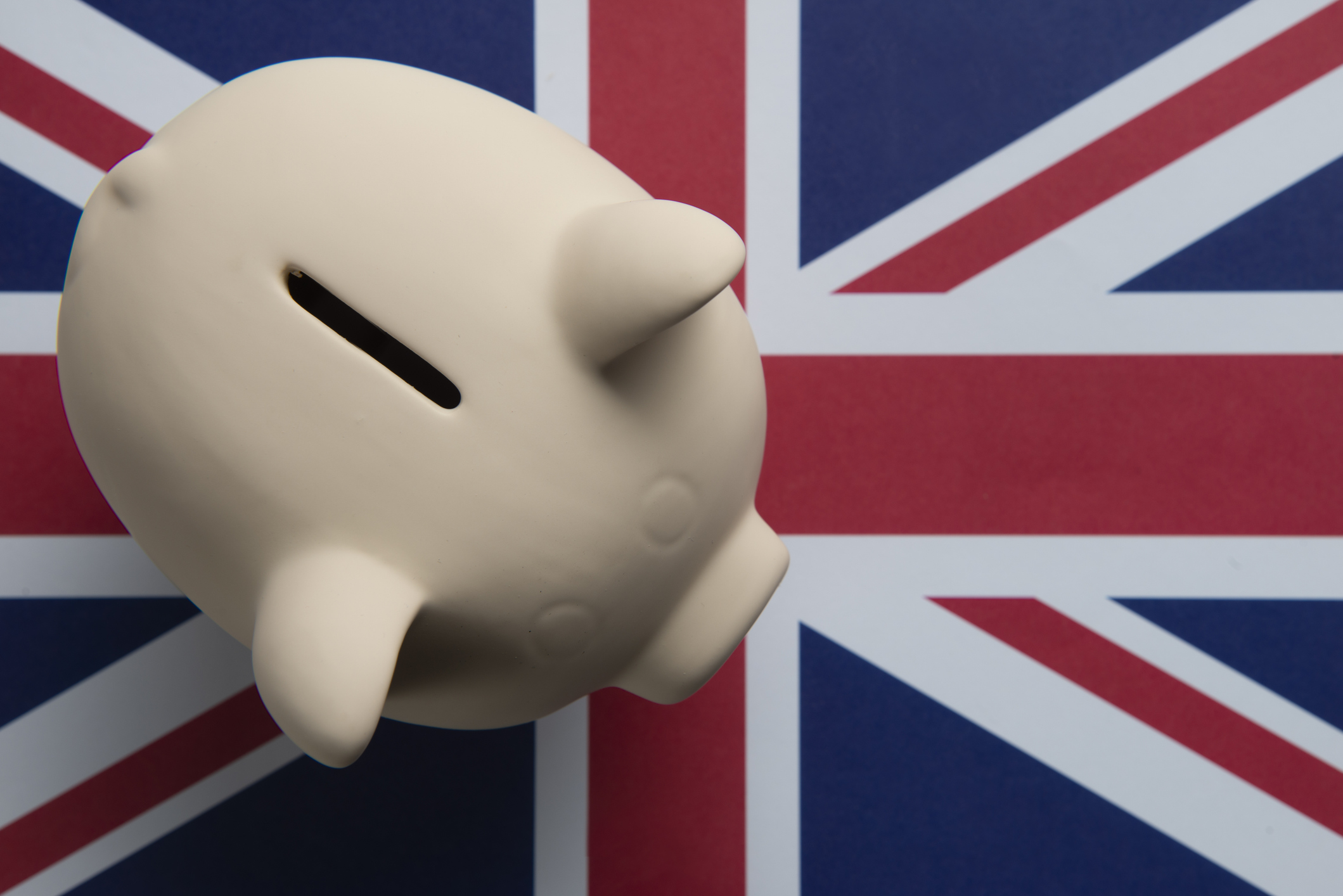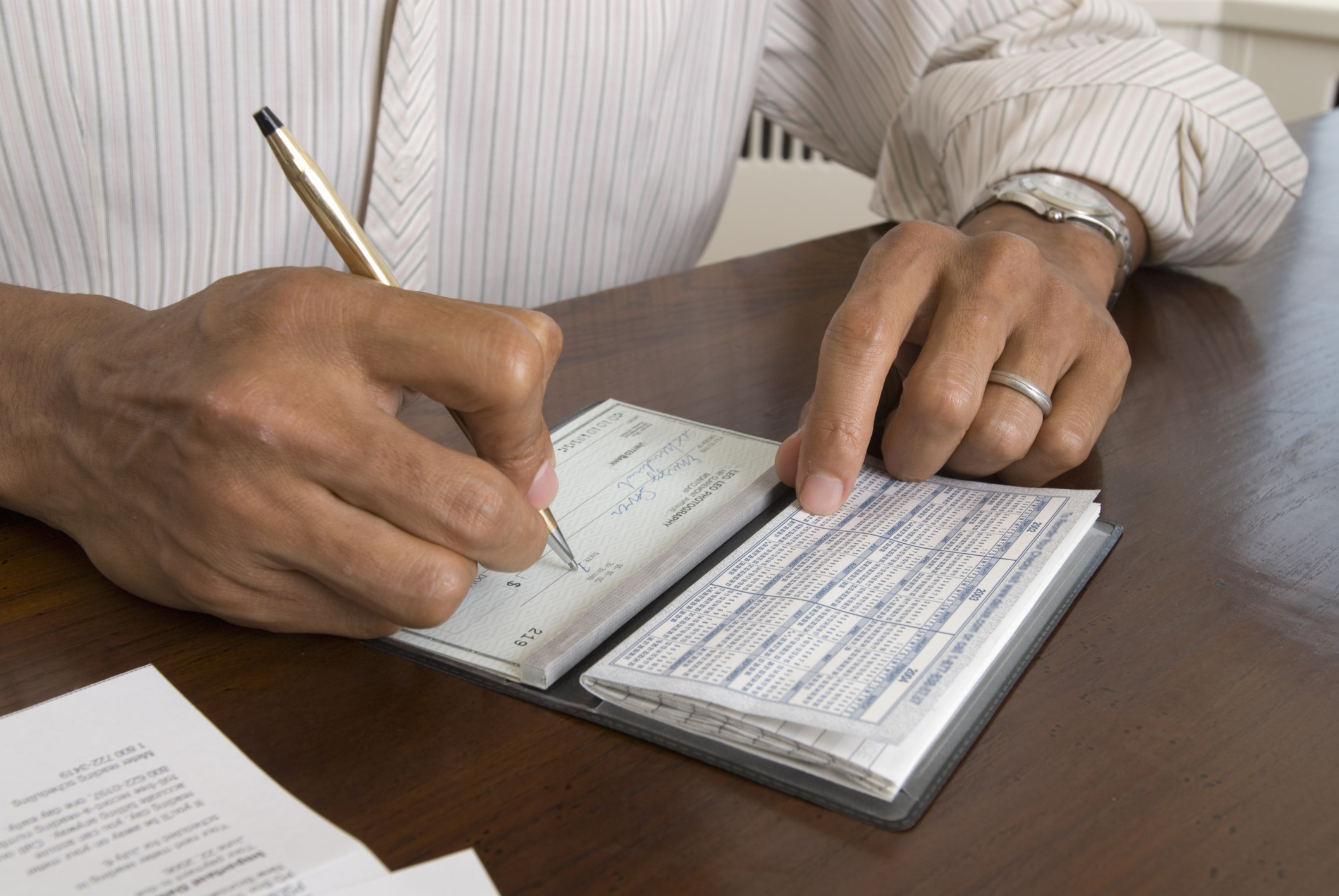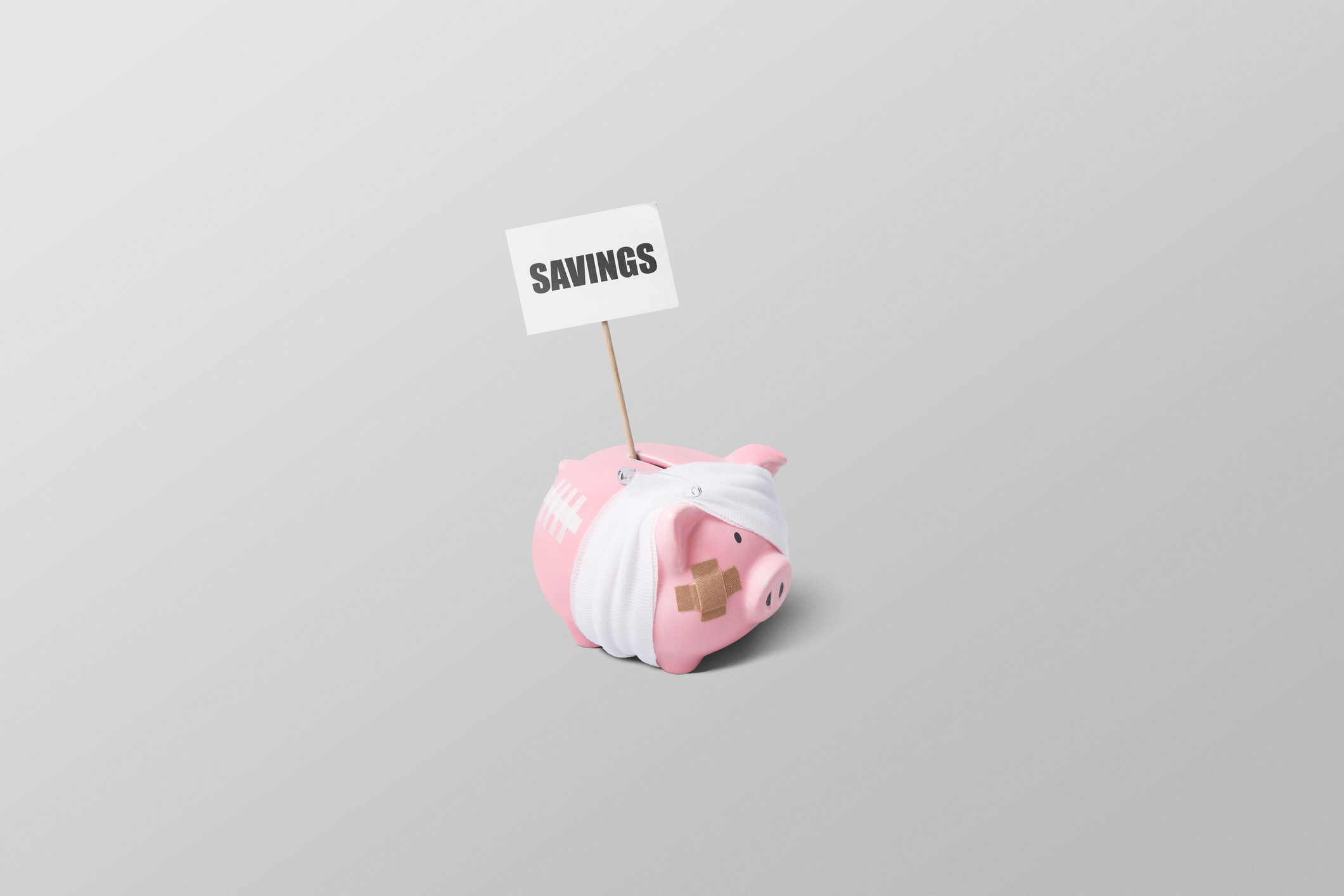Bank of England to end gilt support – how safe is your pension?
Is your pension safe? We look at what will happen when the Bank of England ends it gilt-buying support, and the impact it will have on markets.


Get the latest financial news, insights and expert analysis from our award-winning MoneyWeek team, to help you understand what really matters when it comes to your finances.
You are now subscribed
Your newsletter sign-up was successful
Want to add more newsletters?

Twice daily
MoneyWeek
Get the latest financial news, insights and expert analysis from our award-winning MoneyWeek team, to help you understand what really matters when it comes to your finances.

Four times a week
Look After My Bills
Sign up to our free money-saving newsletter, filled with the latest news and expert advice to help you find the best tips and deals for managing your bills. Start saving today!
The Bank of England stepped in last month to buy £65bn of government bonds in a bid to calm the markets following Kwasi Kwartang’s “mini-Budget”, which caused market turmoil and left some pension funds at risk of collapse.
The Bank has since widened its support, deploying billions more to buy gilts – but its support will end on 14 October, leaving many pension savers asking if their pension is safe.
The Bank commenced its gilt purchasing scheme on 28 September “against the backdrop of an unprecedented repricing in UK assets” after chancellor Kwasi Kwarteng’s mini-Budget announcement – which included plans for several unfunded tax cuts – triggered a sell-off in gilts. The slide in the gilt market threatened pension funds, which typically own government bonds as they tend to be stable investments.
MoneyWeek
Subscribe to MoneyWeek today and get your first six magazine issues absolutely FREE

Sign up to Money Morning
Don't miss the latest investment and personal finances news, market analysis, plus money-saving tips with our free twice-daily newsletter
Don't miss the latest investment and personal finances news, market analysis, plus money-saving tips with our free twice-daily newsletter
We look at what the Bank of England is doing and if it will affect your pension and investments.
What is the Bank of England doing?
The Bank of England this week announced three additional measures to help support an “orderly” end to its gilt-buying scheme on 14 October.
First the Bank said it was doubling the maximum value of gilts it was buying, from up to £5bn to up to £10bn. However on the day of the announcement the Bank bought only £853m-worth of bonds.
The Bank also said it will launch a “Temporary Expanded Collateral Repo Facility” to help banks ease the liquidity pressures facing their client funds affected by the market turmoil.
Finally the Bank announced it will “stand ready” through its regular Indexed Long Term Repo operations to continue easing liquidity pressures facing liability-driven investing funds (see our article on how liability driven investing works and how they are used by pension funds).
The Pensions and Lifetime Savings Association, a UK trade body for pension funds, welcomed the Bank’s “continued steps to ensure the orderly operation of the gilt market in the wake of record volatility in the price of government bonds”. It acknowledged the BoE’s intervention so far was “generally effective” but that “recent days have shown that market confidence remains low” and asked the Bank to consider delaying the end of its gilt purchasing programme.
What does this mean for my pension?
One of the biggest questions to arise from this is how safe is my pension? With little communication around how this impacts savers, there are concerns that the end of the support could see savers lose their money if a pension fund collapses.
In very simple terms, the likelihood of your fund collapsing is low and your pension savings are safe. Those who aren’t close to retirement age should continue to contribute to their pensions and not lose faith in them because of what is happening today “as scary as it is”, says Becky O’Connor, head of pension and savings at interactive investor.
If you are near retirement age and have a private sector defined benefit pension scheme, you do not need to do anything. “They [savers] don’t even need to worry, believe it or not, because even though all of this is playing out behind the scenes and is immensely stressful for the pension scheme trustees and consultants trying to raise cash, the Pension Protection Fund is there to protect members of these schemes should they collapse.”
The same is true for defined contribution pension holders. “If you’re paying into one and it’s a long time until you retire, you should keep paying into it because it’s a long term investment,” says O’Connor. “Yes, things are rocky now but over the next 30 years or so you would expect stability and growth to return to the market, so don’t worry.”
Those close to retirement age are likely to have a higher percentage of bonds and gilts in their pension schemes. If you’re part of this group it’s worth taking a look at your pension pot to plan accordingly as it will probably have fallen in value and you might find it’s not the best time to retire.
This could prompt retirees and near-retirees to think about taking their money out of their pension and hold it in cash. But don’t let the turmoil scare you. “As soon as you do that, you crystallise any losses. If you haven’t cashed in they’re paper losses, not real ones”, says O’Connor.
The value of some pension funds has fallen by up to between 10% and 15%, but ideally you want to remain invested to ride out the volatility. However it might be worth reviewing your investment mix to make sure you have a diversified portfolio, in which case it would be sensible to speak to an adviser. You can also get in touch with Pension Wise, a free government service for people over 50 who want to understand a bit more about how to plan their retirement income.
What does this mean for investors?
The news has undoubtedly rattled the market as the value of the pound is still floating at around $1.10. The Bank isn’t the only one trying to calm markets. Kwarteng said he was bringing the publication of his medium-term fiscal plan from 23 November to 31 October. “This is aimed at reassuring investors that the big tax cuts plans are costed and won’t see debt rise to unmanageable levels,” says Susannah Streeter, senior investment and market analyst at Hargreaves Lansdown.
However “it’s clear there is still much scepticism about the government’s plans”, she continues. Independent analysis of the government’s budget from the Office for Budget Responsibility will also be published on 31 October, “and the risk is that if the numbers don’t add up, the markets could take fright again on Halloween”. If so, there could be another spike in bond sales, which would decrease their price.
This doesn’t mean investors should rush to sell. “The overall bond market is not the safe haven that it is usually considered to be so it’s worth reviewing your portfolio,” says O’Connor. “But there isn’t a place where you can go ‘this is the right asset class to be in if you’re aged 50 or 60’, because all of the conventional guidance is slightly tipped on its head because of these very unusual economic circumstances.”
“In difficult times like this the tendency is to panic, but the absolute worst thing you can do is cash in,” she continues. If you cash in too soon, you might find you have lost more money than you would’ve if you had waited until the market stabilised.
Get the latest financial news, insights and expert analysis from our award-winning MoneyWeek team, to help you understand what really matters when it comes to your finances.
Nic studied for a BA in journalism at Cardiff University, and has an MA in magazine journalism from City University. She has previously worked for MoneyWeek.
-
 Should you buy an active ETF?
Should you buy an active ETF?ETFs are often mischaracterised as passive products, but they can be a convenient way to add active management to your portfolio
-
 Power up your pension before 5 April – easy ways to save before the tax year end
Power up your pension before 5 April – easy ways to save before the tax year endWith the end of the tax year looming, pension savers currently have a window to review and maximise what’s going into their retirement funds – we look at how
-
 Brits leave £31.6 billion in savings accounts paying 1% interest or less – do you need to switch?
Brits leave £31.6 billion in savings accounts paying 1% interest or less – do you need to switch?Eight million Brits hold money in savings accounts that pay 1% interest or less, meaning the value of their cash is being eroded by inflation.
-
 Buying vs renting: is is better to own or rent your home?
Buying vs renting: is is better to own or rent your home?The higher mortgage rates of recent years have actually made renting comparatively cheaper, analysis suggests. But there are hidden costs to long term renting.
-
 Hargreaves Lansdown launches first cash ISA – how does it compare?
Hargreaves Lansdown launches first cash ISA – how does it compare?Hargreaves Lansdown is offering an own brand cash ISA for the first time with their new easy-access account. How does the interest rate compare to other products?
-
 Is Britain heading for a big debt crisis?
Is Britain heading for a big debt crisis?Opinion Things are not yet as bad as some reports have claimed. But they sure aren’t rosy either, says Julian Jessop
-
 ‘My NS&I one-year British Savings Bond is maturing – what should I do with my savings?
‘My NS&I one-year British Savings Bond is maturing – what should I do with my savings?Thousands of savers will see their fixed-rate savings accounts mature next month. We consider whether you should stick with NS&I or move to a competitor
-
 How to pay in a cheque
How to pay in a chequeReceiving or writing a cheque has become much less common in recent years as instant bank transfers have grown in popularity. Amid widespread bank branch closures, we explain what to do if you get a cheque, and how you can pay one into your bank account.
-
 ‘Current account coasters’ are leaving billions of pounds languishing in low interest accounts
‘Current account coasters’ are leaving billions of pounds languishing in low interest accountsThe average saver with £10,000 or more in their zero interest current account is missing out on over £1,500 in potential interest payments, new research has revealed.
-
 Best fixed rate cash ISAs – earn up to 4.22%
Best fixed rate cash ISAs – earn up to 4.22%We look at the best fixed rate cash ISAs on the market right now for savers who are willing to lock their cash away for guaranteed tax-free gains
